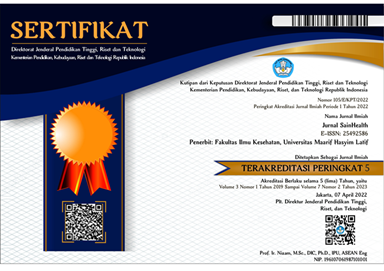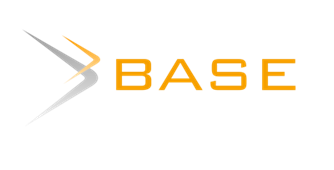
Publication Ethics
Authorship
As a minimum, authors should take responsibility for a particular section of the study.
Action:
- The award of authorship should balance intellectual contributions to the conception, design, analysis and writing of the study against the collection of data and other routine work. If there is no task that can reasonably be attributed to a particular individual, then that individual should not be credited with authorship.
- To avoid disputes over attribution of academic credit, it is helpful to decide early on in the planning of a research project who will be credited as authors, as contributors, and who will be acknowledged.
- All authors must take public responsibility for the content of their paper. The multidisciplinary nature of much research can make this difficult, but this can be resolved by the disclosure of individual contributions.
- Careful reading of the target journal’s “Advice to Authors” is advised, in the light of current uncertainties.
Peer Review
External experts chosen by editors to provide written opinions, with the aim of improving the study. Working methods vary from journal to journal, but some use open procedures in which the name of the
reviewer is disclosed, together with the full or “edited” report.
Action:
- Suggestions from authors as to who might act as reviewers are often useful, but there should be no obligation on editors to use those suggested.
- The duty of confidentiality in the assessment of a manuscript must be maintained by expert reviewers, and this extends to reviewers’ colleagues who may be asked (with the editor’s permission) to give opinions on specific sections.
- The submitted manuscript should not be retained or copied.
- Reviewers and editors should not make any use of the data, arguments, or interpretations, unless
Editor's Duties
Editors are the stewards of journals. Most editors provide direction for the journal and build a strong management team.
Editors must consider and balance the interests of many constituents, including readers, authors, staff, owners, editorial board members, advertisers and the media
Action:
- Editors’ decisions to accept or reject a paper for publication should be based only on the paper’s importance, originality, and clarity, and the study’s relevance to the remit of the journal.
- Studies that challenge previous work published in the journal should be given an especially sympathetic hearing.
- Studies reporting negative results should not be excluded.
- All original studies should be peer reviewed before publication, taking into full account possible bias due to related or conflicting interests. they have the authors’ permission.
- Reviewers should provide speedy, accurate, courteous, unbiased and justifiable reports.
- If reviewers suspect misconduct, they should write in confidence to the editor.
- Journals should publish accurate descriptions of their peer review, selection, and appeals processes.
- Journals should also provide regular audits of their acceptance rates and publication times
Plagiarism
Plagiarism ranges from the unreferenced use of others’ published and unpublished ideas, including research grant applications to submission under “new” authorship of a complete paper, sometimes in a different language.
Action:
All sources should be disclosed, and if large amounts of other people’s written or illustrative material is to be used, permission must be sought














